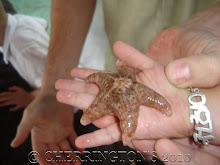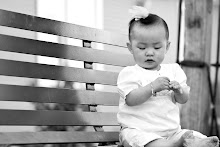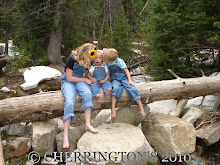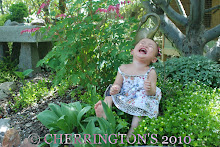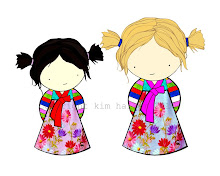


















In the past, due to a lack of medical information, Korea's seasonal temperature differences, and many childhood related diseases, the death rate for children was extremely high. Many children died before their first birthday. After the age of one year, the survival rate steeply increased, making this milestone a very happy one for the child's parents. It has also been a custom to celebrate a child's 100 day birthday (baek-il) , but in most areas this birthday is less important than the Tol and any celebrations are smaller in scale.
Tol has two meanings in Korean. The most common meaning is a child's first birthday. It can also be used as a generic description for birthdays: Chut-tol (first birthday), Du-tol (second birthday), Seo-tol (third birthday), etc.
Traditional Tol Celebration
The traditional celebration had four major components:
1) Praying and giving thanks
2) Making and wearing the birthday clothes
3) Preparing the table and performing the Toljabee
4) Sharing the food with guests and neighbors
In modern times, due to the improvements in medicine, the influence of Western culture, and modern industrialization, the Shamanistic reasons for the Tol celebration have been reduced. However, the event is still celebrated as a time of congratulations for the parents and family.
In the modern Tol, taking pictures is an important part of the event. As many Korean homes are very small, many families rent a room in a banquet hall. The modern celebration includes the child's parents greeting guests, lighting candles on a birthday cake, the Toljabee event, and a toast.
















































































